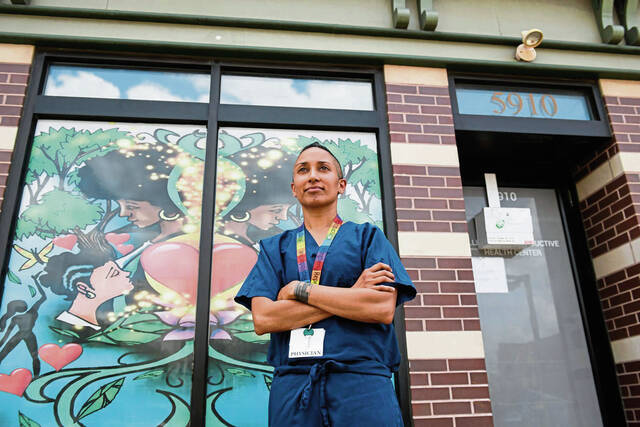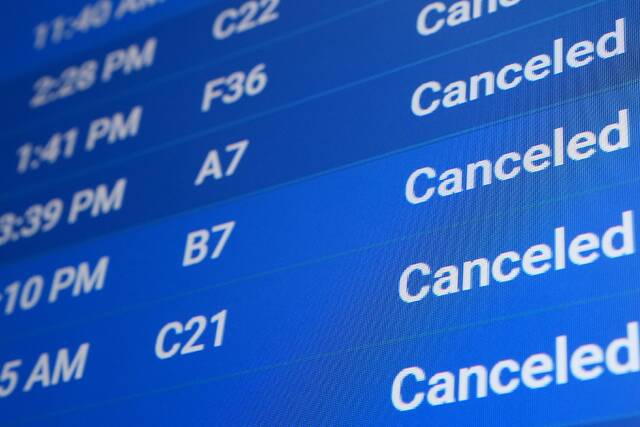Video of a Minnesota police officer casually squeezing the life out of a compliant Black suspect jolted the world into renewed appreciation of systemic racism’s wicked clutches. For me — white, male, born in Britain — it prompted the memory of my first police encounter.
I’d been driving in America for less than two weeks and was still acquainting myself with automatic transmissions, stop signs and right-hand traffic flows.
The drive home from community college wound through a medley of main roads and back roads, straddling two counties and a string of local jurisdictions. New speed restrictions took effect with each half-mile or so, requiring constant attentiveness. Minutes from my apartment, a brisk rural lane dissolved into a sluggish residential thoroughfare, catching me off guard. Flashes of blue and red confirmed I’d been slack on the brakes, so I pulled over and stepped out of my car to address the officer.
“Whoa, get back in the vehicle and put your hands on the wheel!”
I promptly complied, bumbling through some apology about just having moved here from the U.K., where, upon being stopped, the custom is to depart your vehicle and have a pleasant and patronizing chat about what you did wrong. The officer ungripped his gun and with a puzzled look assured me, “That’s not the way it’s done here.” He requested my licence, went back to his car to run some checks and returned to tell me he would let the speeding violation fly since it was my first offense. He wished me luck with school and waved me along.
As I drove on, I contemplated what might have happened had I made another wrong move or had a different officer pulled me over. (This one was abundantly courteous and professional.) Having at that point lived in the States no more than a month or two, I hadn’t yet embraced the full gamut of American nouns, and was routinely stumbling into miscommunications of the benign sort. So far the damage was limited to a few raised eyebrows from requesting the “toilet” instead of the bathroom. This was the first time a cultural mishap had landed me close to real trouble.
Policing in the U.K. has its faults, but citizen deaths at the hands of police hardly register there compared to the States. British fatal police shootings typically fall within single digits annually — numbers sometimes exceeded by U.S. police in a single day. It’s worth asking why.
Britain’s commitment to gun-less policing spawned from quintessentially American values: public distrust of government and military overreach. When, in 1829, Robert Peel established the London Metropolitan Police Force, his primary goal was to foster good will and cooperation between officer and civilian. He prescribed dull uniforms and forbad guns, to highlight officers’ status as fellow citizens.
Nearly two centuries later, statistics show Peel’s “soft” policing approach safeguards all. According to records kept by the Police Roll of Honour Trust, of the five British officers who died on duty last year, three collapsed without apparent cause while the other two were struck by cars. None were shot, stabbed or bludgeoned.
Four years after my first encounter with American law enforcement, a police officer shot and killed a 17-year-old Black boy just outside my adopted home of Pittsburgh. His name was Antwon Rose II. Alongside a driver and another passenger, Rose was intercepted by East Pittsburgh officer Michael Rosfeld in connection with a reported shooting 10 minutes prior. He attempted to flee the scene and was shot three times from behind, hitting the ground dead and unarmed.
Despite access to video footage contradicting Rosfeld’s claim of perceived threat, a Pennsylvania jury cleared him of all charges. It’s hard to argue against the verdict, considering Pennsylvania’s loose law enforcement codes: “(A peace officer) is justified in the use of any force which he believes to be necessary to effect the arrest and of any force which he believes to be necessary to defend himself or another from bodily harm while making the arrest.”
Rosfeld won the case by testifying (apparently inconsistently) he believed Rose was armed. The verdict upheld a legal framework that says Rosfeld’s wrongful assumption he was in danger matters more than the actuality of Rose’s death. Could this ugly precedent stand if we didn’t strap pistols to our waists with the same routine as strapping on a seatbelt (and with the same pretensions to safety)?
In a land flooded with firearms, the Second Amendment right to take up arms against tyrannical government clashes against an often-militarized law enforcement. Removing one without the other would upset a precarious and already brutal balance.
If, however, we could do away with routine arming (the Second Amendment says nothing about the right to brandish weapons in defense against other citizens), we would open the door to substantive police reform without turning officers into kamikazes.
Jamie Wiggan writes for Gazette 2.0, a newspaper covering the McKees Rocks area.








